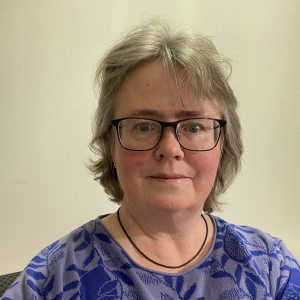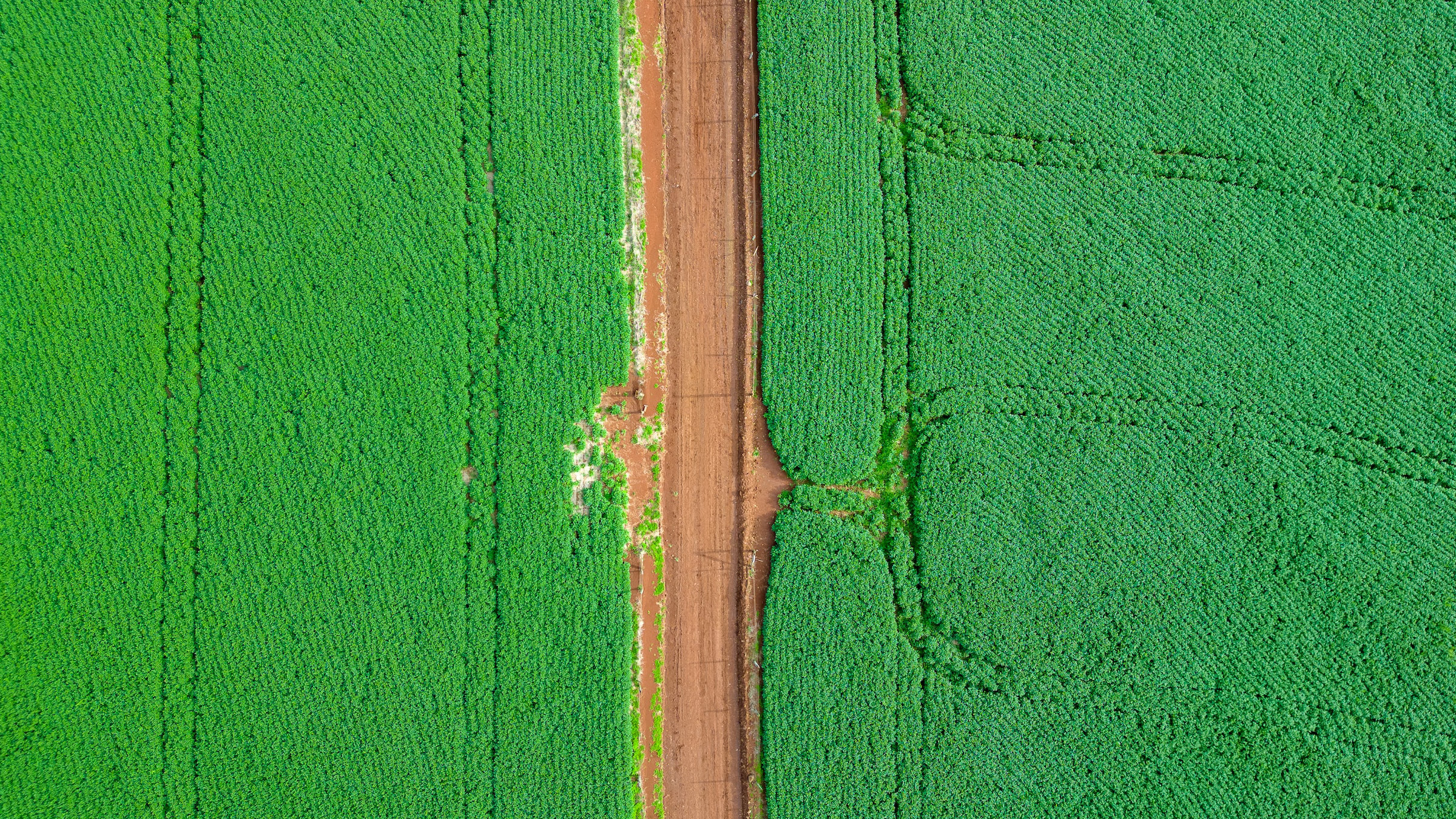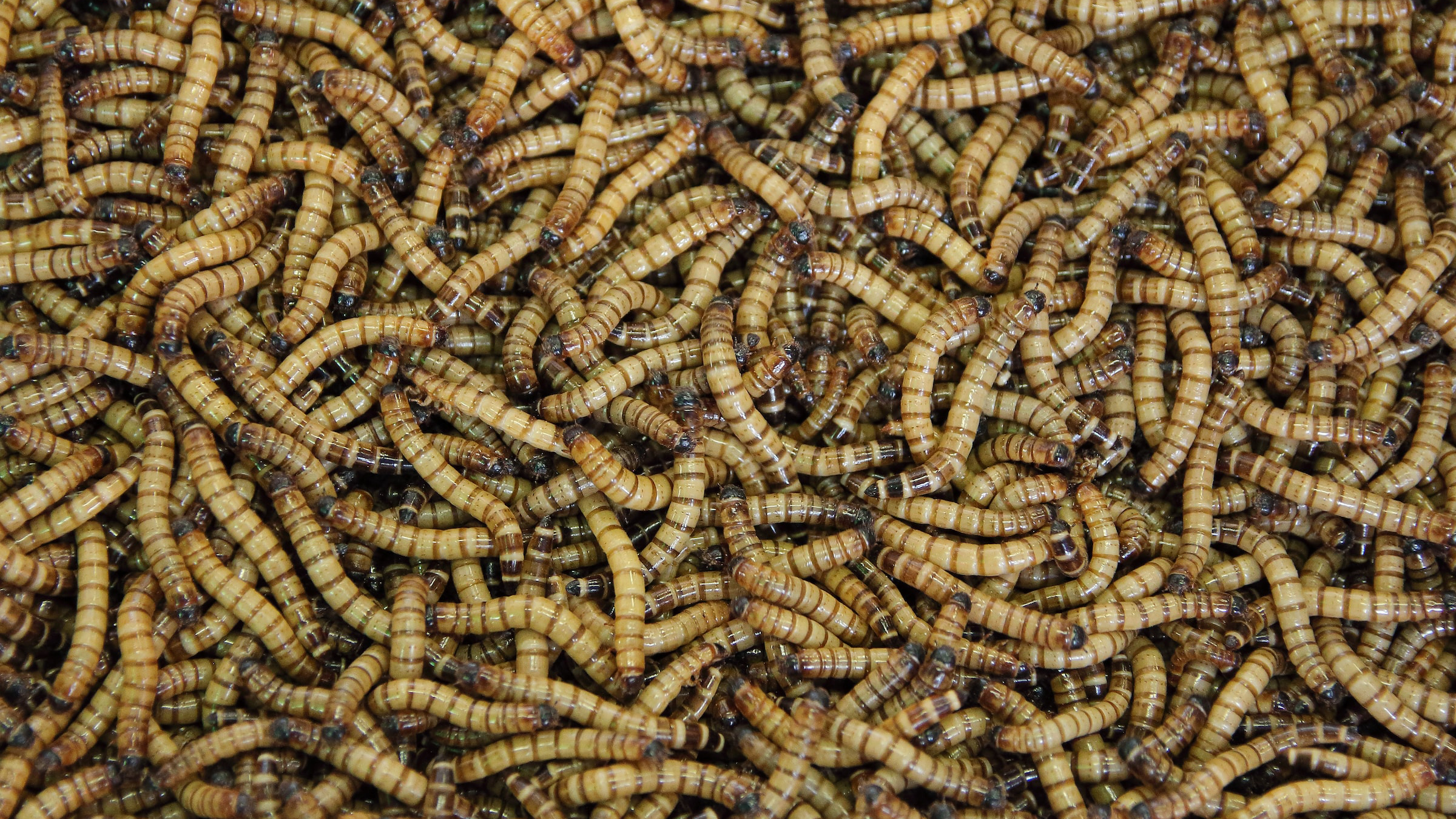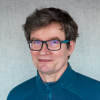Salmon farming is a big business globally, not least in the Nordic region. Norway alone produces more than half of the world's farmed salmon, but the feed for the fish, which comes from Brazil and other countries, has a major impact on the climate. The Norwegian government has therefore set a goal for all salmon feed to be sustainable by 2030.
Nordic researchers are contributing to this work.
Mette Sørensen from Nord University in Bodø is leading the aquaculture project Non-Food Organic Resources-based feeds optimised for salmon until post-smolt stages (NON-Fôr). They have identified new feed types that could contribute to a more sustainable salmon industry.
"In our trials, we have tested both soldier flies and mealworms as protein sources, and we have tested schizochytrium oil as an alternative to fish oil. We have tested these raw materials in the early stages of the salmon's life, from when they are in freshwater pools to when they are released into saltwater. We have seen very promising results when using schizochytrium oil. When it comes to proteins, our results show that the salmon utilise the insects and have good digestion. However, if the insect content exceeds 30 percent of the total feed, we see negative protein digestion, and the salmon's skin turns yellow instead of silver grey when the mealworm content is high," says Mette Sørensen.
"Our results show that schizochytrium oil could replace some of the fish oil in the future, and that soldier flies and mealworms could replace parts of the soya protein used by the aquaculture industry today. However, it cannot completely replace soya, so we are still dependent on imports from Brazil. Therefore, breaking the import agreement is not a solution yet," Mette Sørensen states.
She also emphasises that neither soldier flies nor mealworms are currently available in the quantities needed by the farming industry. Agriculture also imports soya on a large scale to feed cows, pigs and chickens. Insects are already being produced in Europe and the Nordic countries, but this is far from enough to meet the high demand.
Collaboration with industry makes research relevant
The industry has been a close partner in the research project, and according to Mette Sørensen, this has helped to ensure the relevance of the project.
"Fish feed is an area that the aquaculture industry itself identifies as the most important for them in terms of increasing sustainable production. They want to reduce their carbon footprint and utilise more locally produced feed. We have therefore seen that the aquaculture industry is looking for new solutions. This has also meant that the collaboration between us and the industry has been great," she says and continues:
"It has been important to get perspectives from researchers, feed producers and the farming industry. Among other things, we have collaborated with the company that developed the schizochytrium oil, and we have also collaborated with producers of soldier flies and mealworms. This means that we now have results that are relevant and applicable to the industry."

Great value for the entire Nordic region
In addition to the co-operation between researchers and partners from industry, it has also taken place across the Nordic and Baltic countries. The project includes researchers from Norway, Denmark and Latvia, which improves the quality of the research, says Mette Sørensen:
"There is a Nordic added value in the fact that we have collaborated with different researchers across the countries in the project. This is a fantastic added value in itself, but also that the problem we have addressed in the project provides solutions for the entire Nordic and Baltic region. Salmon production is not only interesting for Norway, because it's about aquaculture as an opportunity to produce more food for the benefit of all the inhabitants of the Nordic countries. It's about feed and raw materials that are grown throughout the Nordic region, and it's about making our region more sustainable."
Want to know more about research into sustainable salmon farming?
NON-Fôr has also contributed a chapter in the publication Fast Track to Vision 2030.
The NON-Fôr project is one of nine NordForsk-funded projects researching the aquaculture industry. New feed types, lower water temperatures and recirculation in aquaculture facilities are examples of Nordic research results that contribute to more sustainable aquaculture.
In the Faroe Islands, more than three million farmed salmon die every year. Results from a Nordic research project suggest that heart disease is one of the causes of the high mortality rate.





